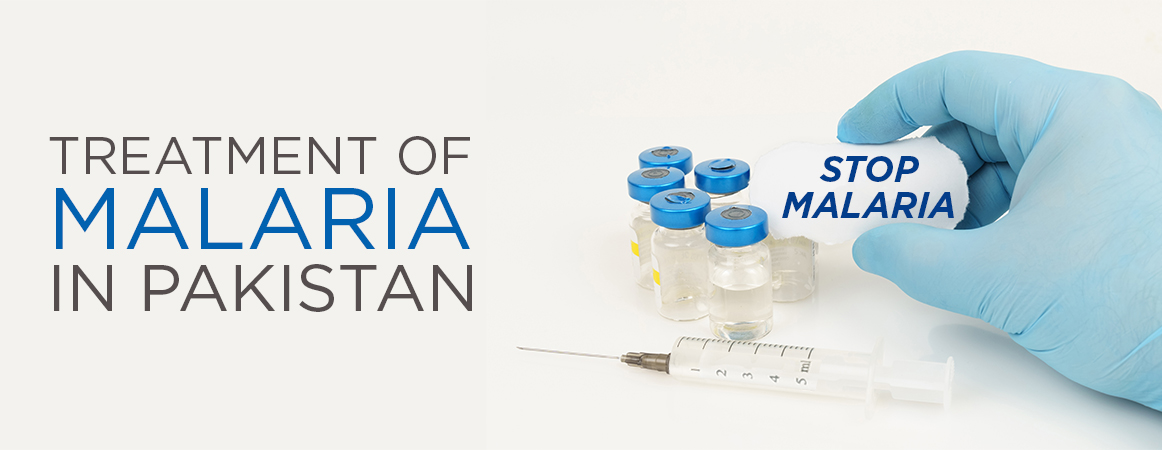
Malaria is a fatal mosquito-borne disease. It is brought on by plasmodium parasites, which are spread by anopheles mosquitoes. Humans are exposed to the parasite plasmodium through the bite of the Anopheles mosquito. These parasites are the source of the fever, chills, and headaches that are associated with malaria.
It can lead to serious health issues like seizures, brain damage, breathing difficulties, organ failure, and even death if it is not treated.
Malaria parasites are transmitted by female mosquitoes. When a mosquito bites a person with malaria, it consumes the patient’s blood, which contains the parasites. When a mosquito bites a person, parasites are transferred into the body of the victim. In this way, malaria spreads.
After entering your body, the parasites move to your liver, where they multiply. Your red blood cells, which transport oxygen, are invaded by them. Once inside, the parasites deposit their eggs and continue to grow until the red blood cell ruptures. As a result, more parasites enter your bloodstream. This infection can make you quite ill when more of your healthy red blood cells are attacked.
Since malaria cannot be transmitted from person to person, it is not contagious. However, it can be transmitted in the following ways:
Sharing needles
Blood transfusions
Organ transplants
From the pregnant woman to the fetus
Early malaria symptoms can occasionally be mistaken for those of many other bacterial, viral, or parasitic illnesses. Flu-like symptoms could be the first sign.
Fever, chills, and headaches are classic symptoms of malaria. It can develop into serious or even fatal consequences. Sweating, exhaustion, nausea, vomiting, body aches, and an overall sick sensation are other possible malaria symptoms.
It can have a wide range of effects on individuals. Some people only experience minor symptoms, while others may experience serious illness. As malaria worsens, it may cause anemia and jaundice.
Malaria patients sometimes go through recurrent attack cycles. Shivering and chills are typically the first symptoms of an attack, which are then followed by a high fever, sweating, and a return to normal body temperature.
There are five different plasmodium parasite species. The two most dangerous ones are:
At the onset of the illness, the majority of patients experience fever, sweats, chills, headaches, malaise, muscular aches, nausea, and vomiting. Malaria has the potential to develop quickly into a serious illness with a high mortality rate.
The surefire way for you and your doctor to determine whether you have malaria is to undergo a diagnostic test in which your blood sample is examined in the laboratory for the presence of malaria parasites.
Malaria should be promptly tested for if you are ill and there is even the slightest possibility that you are infected. You can get tested from one of the MMI’s laboratories in Safoora, Karachi.
Your doctor will be able to determine whether you have malaria from the results of the blood test, as well as the specific kind of parasite that is to blame for your symptoms. The proper course of treatment will be chosen by your provider using this information. You can find the price of malaria tests in Karachi here.
MMI Hospital’s laboratories can conduct more than 550 different tests. MMI Hospital has seven laboratories in Karachi for the comfort and convenience of patients. Contact us to find the laboratory near you.
Acidity, also known as acid reflux or heartburn, is a common digestive disorder. It happens…
Tonsillitis, an inflammation of the tonsils, can range from a minor nuisance to a serious…
Bawaseer, also known as hemorrhoids, is a medical condition characterized by swollen or inflamed veins…
Millions of individuals worldwide suffer from skin allergies, sometimes referred to as allergic dermatitis. From…
Migraine is a neurological disorder characterized by recurrent, debilitating headaches often accompanied by other symptoms…
Millions of people worldwide suffer from asthma, a chronic respiratory disease that is characterized by…